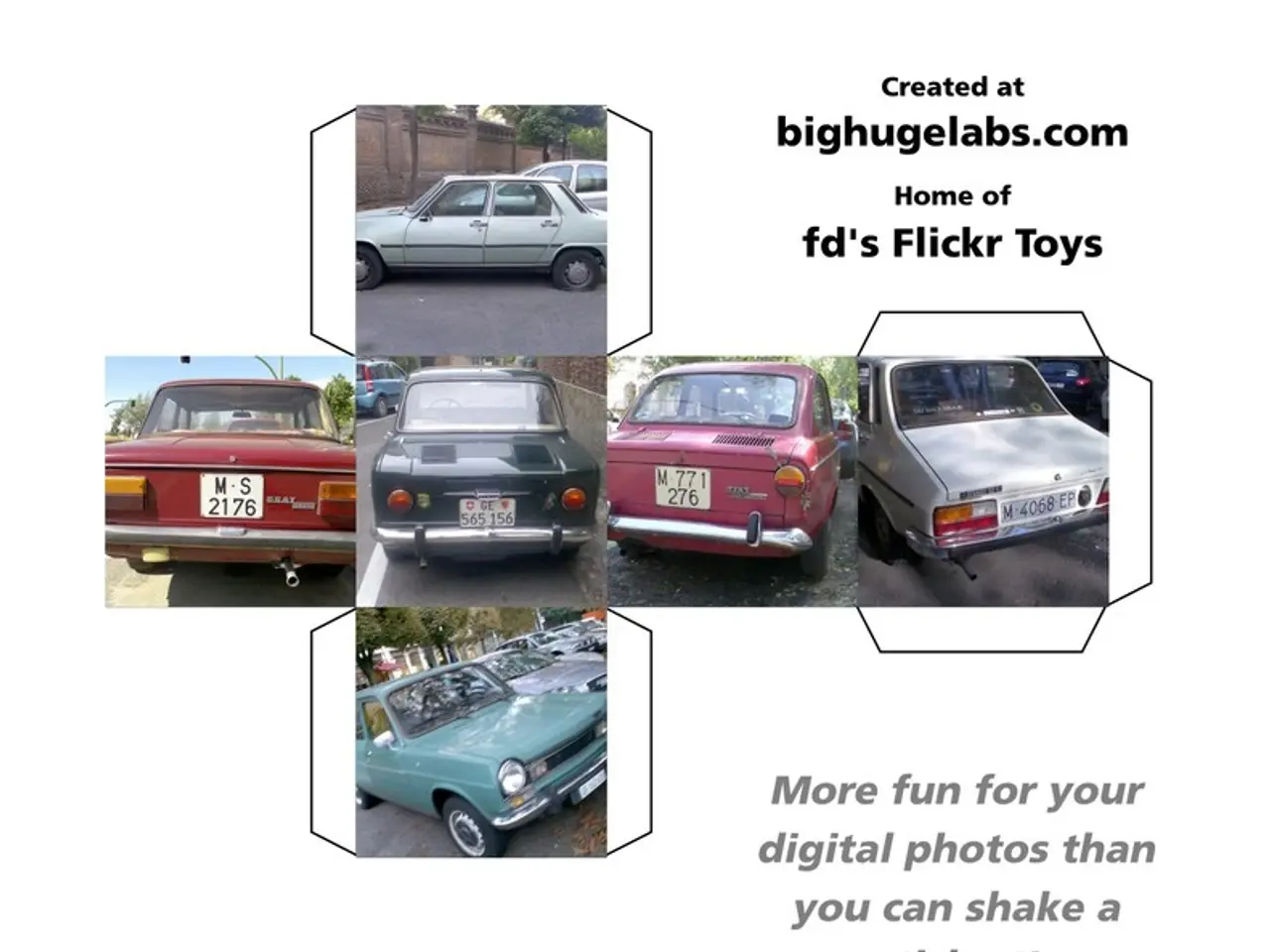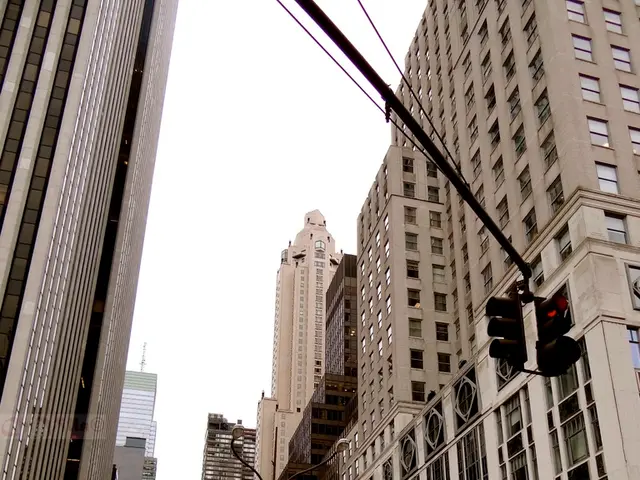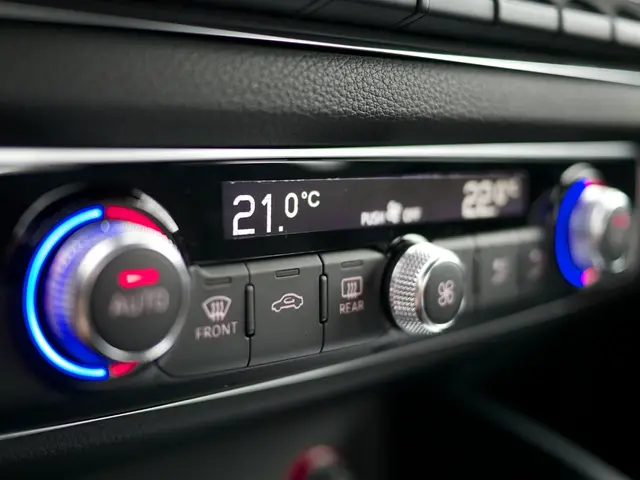Discussion 06: "Mobility stirs up strong emotions"
In the ever-evolving world of automotive, influential figures are calling for a change that goes beyond cosmetic improvements. Frank M. Rinderknecht, for one, is demanding cars with character and history for the future, as he believes that social media users are more interested in experiences with cars than just their presentation.
This shift in perspective is echoed by Carla Welti, who notes that the bond with a car is not about the shell but the content, much like a smartphone. Rinderknecht and Welti agree that the consumer should never be lost sight of when considering mobility and drive.
The automotive industry is currently undergoing a turbulent period, influenced by societal changes, technological advancements, and price pressure. One such technological advancement is electromobility, which Prof. Dr. Tobias Schmidt deems as the drive of the future. Rinderknecht himself has covered over 12,500 kilometers using an electric bus, demonstrating its viability.
However, the change in mobility cannot happen within an election cycle. Sustainable changes, not just quick impulses from politics, are needed for a real step into the future, according to Rinderknecht. Sharing models have not gained as much traction in the market as expected, further emphasising the need for a different approach.
Polestar, a brand known for its motorsport DNA, is making strides in this direction. They recently set up a base camp in the Austrian Alps for the FAT International Ice Race, where they presented the Arctic Circle collection. This collection is a homage to Polestar's unmistakable motorsport DNA and is a testament to their commitment to the future of mobility.
The Arctic Circle collection was not just a display of technological prowess, but a story that awakened emotions, memories, and desires, regardless of the price. Telling a good story in the automotive industry can be a powerful tool in redefining mobility.
Even as the industry moves towards electromobility, the need for cars with character and history remains. Rinderknecht, for instance, believes that mobility is an emotional topic, focusing on joy, freedom, and status. He plans to take this emotional journey to Japan for his next electric road trip.
Carla Welti, while preferring to drive herself, appreciates the potential of autonomous vehicles for longer trips. Motorsport, she reports, drives important developments like AI and data analysis in cars, further emphasising the symbiotic relationship between racing and the future of mobility.
As the automotive industry navigates this period of change, it is clear that the focus must be on creating cars that offer unique experiences, are sustainable, and tell a compelling story. Only then can we take a real step into the future of mobility.
Read also:
- Ford Discontinues Popular Top-Seller in Staggering Shift, Labeled as a "Model T Event"
- 2025 Witnesses a 27% Surge in Worldwide Electric Vehicle Sales, Despite Opposition to Electrification Policies in the U.S.
- Summarized Report: Insights from the Realm of Transportation
- Recorded surge in electric vehicle registrations during the initial half of the year








